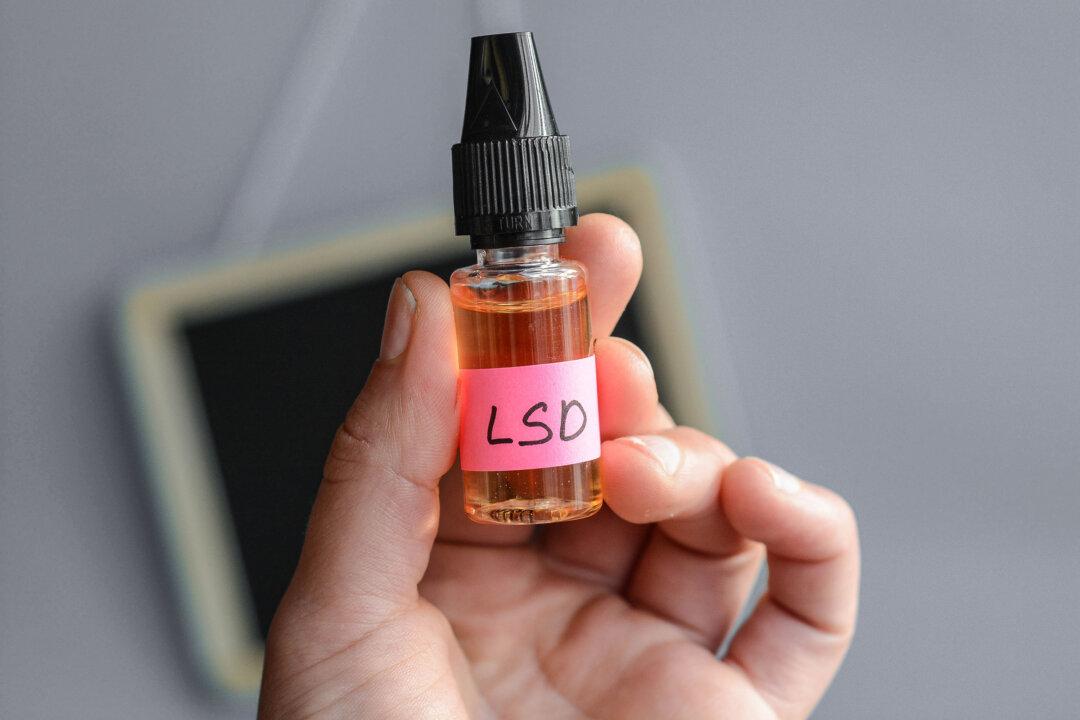Remdesivir is the first and only FDA-approved antiviral COVID-19 treatment for people with renal disease.
“The approval by the FDA of Veklury for the treatment of patients with renal impairment reflects the urgency to make this medicine available to these patients, and underscores the established safety profile for Veklury,” Anu Osinusi, vice president of Clinical Research for Hepatitis, Respiratory, and Emerging Viruses at Gilead Sciences, said in a statement.
The company stated that its data didn’t reveal any new safety signals “associated with increased metabolite levels in patients with severely reduced kidney function.” However, data from the phase 3 study show that the rate of serious adverse events was significantly higher for those who had received remdesivir than it was for those who had received the placebo. People who had taken remdesivir were more likely to experience acute kidney injury (AKI), sepsis, COVID-19 pneumonia, sudden death, and heart problems.
Dr. Marik said the National Institutes of Health and Gilead “cooked the first study” that formed the initial basis of the FDA authorization in October 2020 because remdesivir was “so toxic.”
Numerous Studies Link Remdesivir to Severe Kidney Problems
In a study published in December 2020 in Clinical Pharmacology and Therapeutics, researchers detected a safety signal for remdesivir and nephrotoxicity—a rapid deterioration of kidney function that’s caused by damage associated with a drug, chemical, or toxin.Using a combination of the terms “acute renal failure” and “remdesivir” in the WHO’s VigiBase system—which gathers spontaneous reports of suspected adverse drug reactions from more than 130 countries—a “statistically significant disproportionality signal” was observed in 138 cases instead of the nine expected. The odds ratio of acute renal failure with remdesivir was twentyfold that of comparative drugs.
As part of the same analysis, researchers assessed 5,532 reports related to COVID-19 patients from the WHO’s database and identified 434 cases related to kidney disorders, including 327 reported with remdesivir.
Remdesivir treatment was discontinued shortly after kidney disorder onset, and the median treatment duration was three days. In 316 cases, no other drug was suspected in the onset of kidney disorders. Reactions were serious in 301 cases (92 percent), and 15 patients died. Acute kidney injury presented in 295 cases, with tubular necrosis in eight cases.
“Our findings, based on postmarketing real-life data from [more than] 5,000 COVID-19 patients, support that kidney disorders, almost exclusively AKI, represent a serious, early, and potentially fatal adverse drug reaction of remdesivir,” the study reads. “These results are consistent with findings from another group.”
Although the researchers said further data were needed to confirm the safety signal, they urged physicians to be aware of the potential risk of kidney problems and, when prescribing remdesivir, to perform “close kidney monitoring”—the very monitoring that the FDA has removed from its updated prescribing information but is still found on the National Institutes of Health’s website on COVID-19 treatment guidelines.
The FDA and Gilead didn’t respond to requests for comment.





